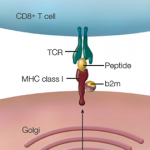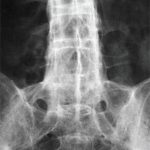“For the average person walking in off the street without any symptoms, this may not predict they’ll get the disease,” Dr. Raychaudhuri says. “But if there’s an ambiguous diagnosis, it could certainly add information.”
The next step for researchers is to understand the antigen that triggers the immune response and how it might interact with the different receptors that cause the disease. Finding a way to alter that interaction could be a potential avenue for therapy, he says.
ad goes here:advert-1
ADVERTISEMENT
SCROLL TO CONTINUE
Carrie Printz is a medical journalist based in Denver.
ad goes here:advert-2
ADVERTISEMENT
SCROLL TO CONTINUE
References


